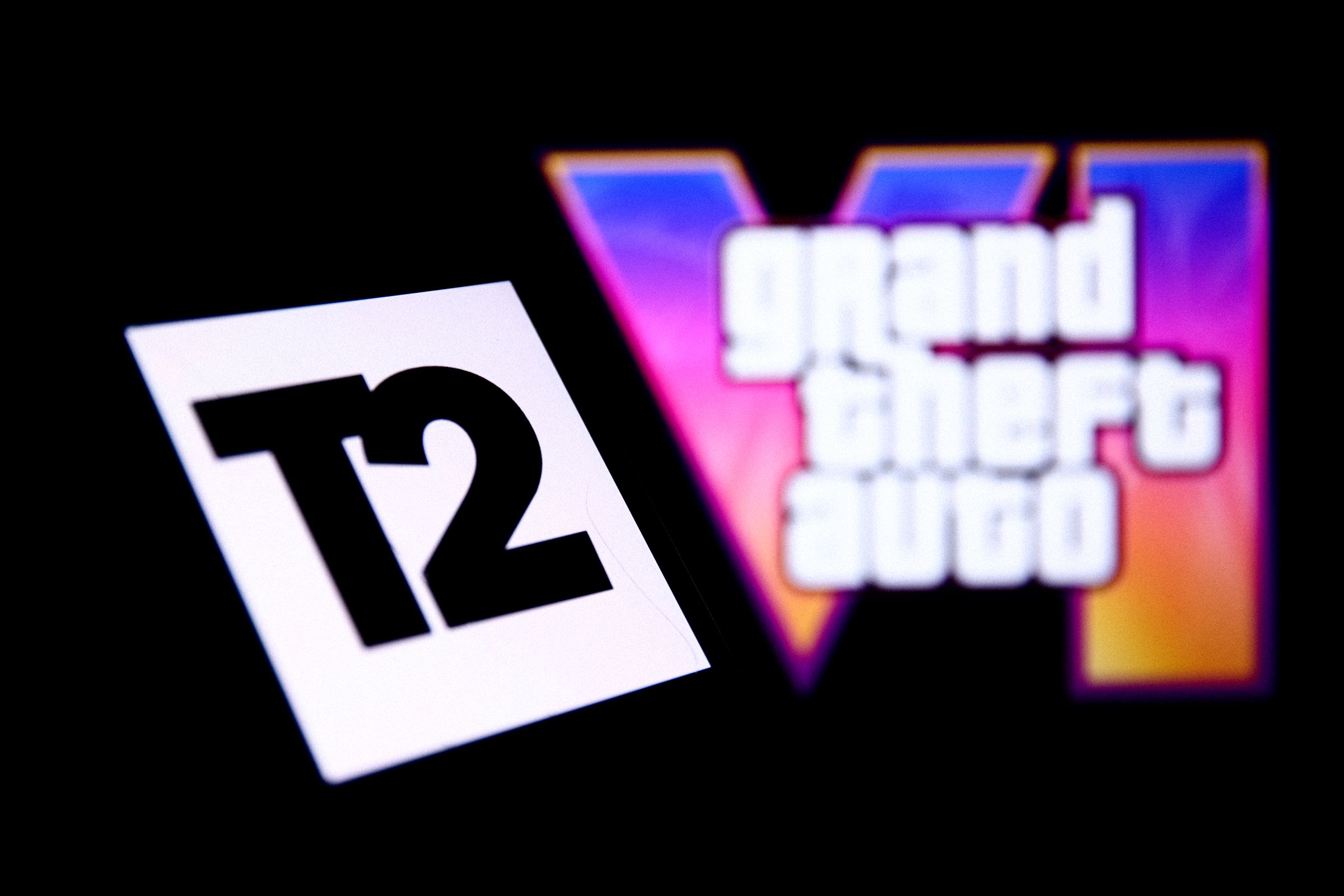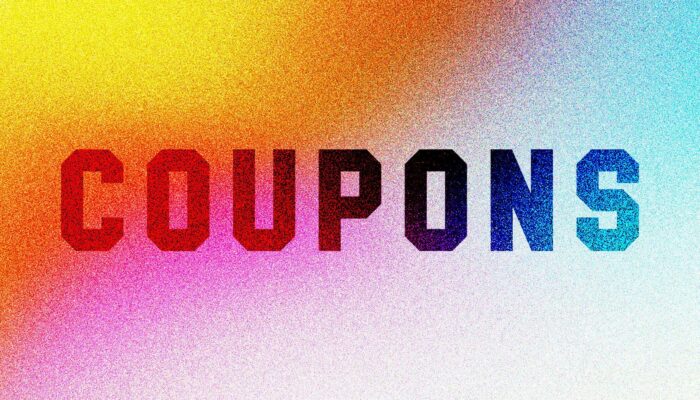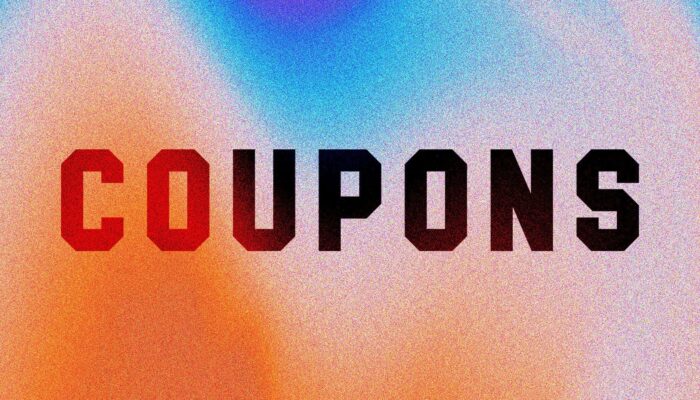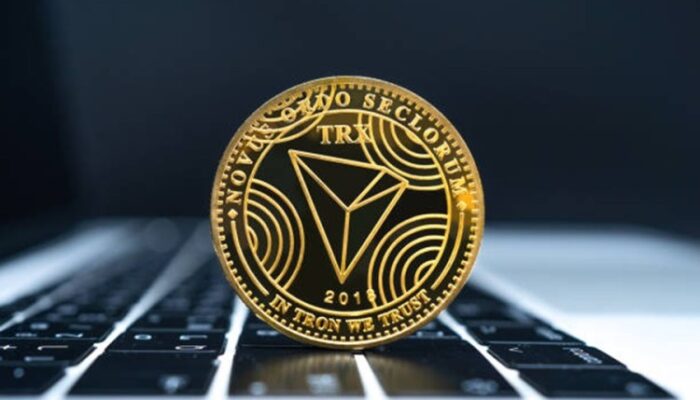Take-Two Interactive, the publisher behind Grand Theft Auto VI, is forgoing any mention of diversity, equity, and inclusion (DEI) efforts and promoting “diversity of thought” in its latest annual report.
The change, first spotted by Game File, is part of the company’s annual 10-K report, which offers insight into the company’s business, financials, and risk factors. In 2024, the report included a robust section about DEI, expressing support for groups working to “eradicate social injustice,” LGBTQ+ rights, and minority game design students, and “celebrating cultural differences” through employee groups.
In the 2025 report, Take-Two only mentions diversity in one area: “We firmly believe that diversity of thought drives the innovation that is integral to our success.” The report adds that the company aims “to provide an inclusive workplace in which everyone feels respected, heard, and safe,” but does not include commitments to provide scholarships to minority game design students, which were made in 2024.
“By empowering our colleagues to embrace an entrepreneurial mindset and to take calculated risks, we believe that we have created an environment where our people can thrive,” the report reads.
The move is part of a growing trend of companies rolling back their DEI initiatives amid a crackdown on anything perceived as DEI by the Trump administration.
DEI efforts in the video game industry have grown since the early days of gaming, but it wasn’t until 2020 that major companies began to throw support behind minority developers in acknowledgement of greater systemic issues. After George Floyd was murdered by police, companies began to vocally support movements like Black Lives Matter and pledged to help marginalized developers. As President Donald Trump has been cracking down on DEI in both the public and private sector, however, those efforts may now be in danger.
Reached by WIRED, a spokesperson for Take-Two declined to comment. The company’s website still includes a statement that says it believes “more diverse teams are more valuable and effective. Diversity is key to our success.”
DEI backlash, which has most recently spread across companies in fields like tech and retail, has a firm foothold in gaming communities. Last year, an online harassment movement styling itself as “Gamergate 2.0” attacked consultancy companies hired to provide guidance and advice on cultural sensitivities and created lists that deemed even a whiff of anything non-white, cis-male, and heterosexual as DEI. In modding communities, mods for games like The Sims 4 are being created to remove LGBT and Black non-player characters from the game.
The language in Take-Two’s report echoes that of companies like Meta, which said it would seek “cognitive diversity” in its own 10-K earlier this year, as it ended its own DEI programs.
The Entertainment Software Association, which organized the now-defunct E3 and acts as an advocate for the video game industry among regulators and lawmakers, declined to comment about the impact of DEI rollbacks in video games. Instead, a spokesperson directed WIRED to the ESA’s “Inclusion & Belonging” page on its website, which champions representation and that “the video game community is vast and diverse.”
Diversity of thought may not be a problematic concept in theory, but right-wing personalities have adopted it as a talking point that can provide cover for racist, sexist, or transphobic views.
Daniel Oppong, founder of The Courage Collective—a consultant that advises companies on DEI—says it is often used as a cop-out to sidestep a company’s lack of representation. “When organizational cultures are largely homogenous, they’ll often cite ‘diversity of thought’ as a means to indicate some element of distinctiveness,” he says. That still doesn’t let any company off the hook. “In that spirit, if ‘diversity of thought’ is deemed necessary (and acceptable),” he says, “then diversity of identities (aka: diverse teams) should be an imperative as well.”
Oppong says there’s a great misconception around what people consider DEI today. “What was meant to be a robust, interdisciplinary practice designed to create cultures where people thrive, is often misrepresented as ‘wokeism’ and reduced to polarizing buzzwords that do not accurately portray the essence and impact of effective DEI,” he says. These programs can offer equal access to things like better working conditions for people with disabilities, improved parental leave, and equal access to career opportunities.
“One of the biggest misnomers about DEI is the notion that it only benefits people from historically marginalized groups,” Oppong says. “The truth is, when implemented effectively, DEI benefits everyone.”
For some companies, like Target, DEI rollbacks have meant lost profits and cultural backlash. Next year, Take-Two will publish Rockstar’s highly anticipated Grand Theft Auto VI, which costars a Latina woman—the very kind of character the anti-woke crowd calls DEI.
“People want to support and work for brands that align with their values,” Oppong says. “Given the shifting demographics of the US, it’s imperative that organizations consider the unique needs and values of different identity groups—particularly if they want to remain relevant and resonant with employers and consumers alike.”




